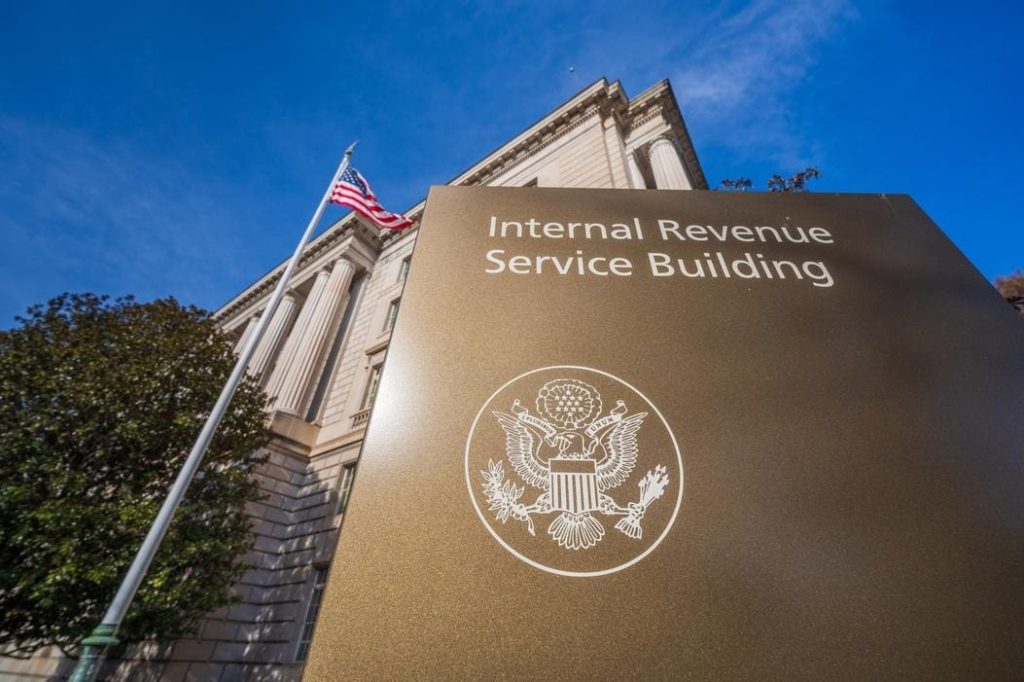President Joe Biden’s proposed Fiscal Year 2025 Budget of the United States Government includes significant changes to tax policy that could have a major impact on high income tax planning and investment strategies. One of the most notable initiatives is the proposal to tax unrealized gains, a concept that is not typically included in tax frameworks due to valuation complexities and liquidity concerns.
Taxing unrealized gains is seen as a way to ensure tax fairness and could fundamentally change how assets are valued and taxed in the United States. Unrealized gains refer to the increase in the value of an asset that has not been realized through sale or another event. This creates complexities in analysis, especially considering that unrealized gains can be used as collateral for borrowing money, effectively increasing a taxpayer’s wealth without realizing any gains.
For example, a billionaire holding shares in a company that have significantly appreciated in value would not owe any tax on the increased net worth if they have not sold the shares. However, if the billionaire borrows money using the appreciated stock as collateral, the potential for deferring realization of gains becomes apparent. The proposals in the FY2025 Budget are specifically targeting extremely high-net-worth individuals and entities to ensure that wealth accumulation through investment is included in the taxable base.
The Biden administration’s goal is to increase tax revenue without placing additional burdens on middle and lower income brackets by reshuffling the tax structure to ensure that higher income earners are taxed accordingly. One of the proposals includes taxing the unrealized gains on trusts, partnerships, or other non-corporate entities that have not been subject to a recognition event in the previous 90 years. This would be a one-time tax adjustment for complex tax structures that have been growing untaxed for generations.
In order to adapt to the evolving economic landscape where wealth accumulation can bypass traditional taxation mechanisms, a shift towards taxing unrealized gains is likely to happen in the near future. However, careful calibration and targeting towards high net worth individuals and liquid assets will be necessary to avoid administrative and political challenges related to valuation and ability-to-pay concerns. Without intervention, the existing imbalances that allow vast amounts of wealth to grow tax-free will continue to persist. The proposed tax policies aim to address these issues and create a fairer tax system that reflects the current economic realities.


